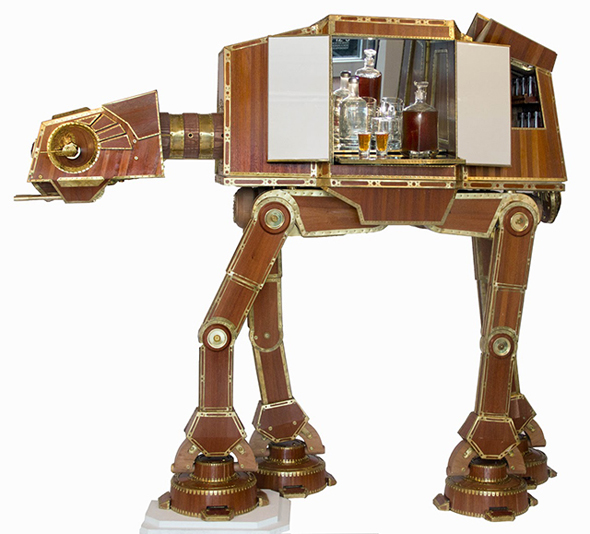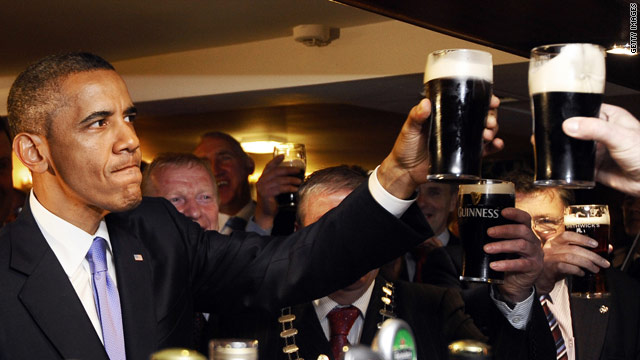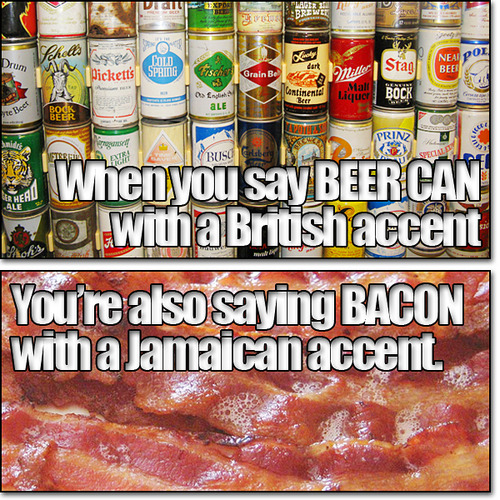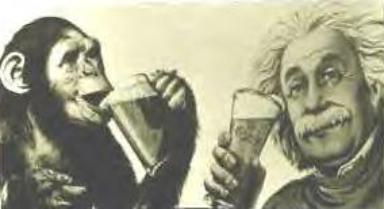“Much ink has been spilled on the question of why so many writers are alcoholics. Of America’s seven Nobel laureates, five were lushes–to whom we can add an equally drunk-and-disorderly line of Brits: Dylan Thomas, Malcolm Lowry, Brendan Behan, Patrick Hamilton, Philip Larkin, Kingsley Amis, all doing the conga to (in most cases) an early grave…In fact none of these authors would write much that was any good beyond the age of 40, Faulkner’s prose seizing up with sclerosis, Hemingway sinking into unbudgeable mawkishness.“
By way of Dangerous Meta, The Economist‘s Tom Shone considers the artistic merits of novelists sobering up. “The radiance of late Carver is so marked as to make you wonder how much the imperturbable gloom of late Faulkner, or the unyielding nihilism of late Beckett — like the cramped black canvases with which Rothko ended his career — were dictated by their creators’ vision, and how much they were simply symptoms of late-stage alcoholism. This suspicion is open to the counter-charge: this contentment and bliss is all very well, but readers may simply prefer the earlier, messed-up work.“






